Diversity in the past
The materials in this section are all focused on the choices that teachers have to make about the substantive content of their curriculum. The diversity that all students encounter within the past – the range of specific individuals and groups of people about whom they learn – and the ways in which different topics are treated within the curriculum are known to impact on the extent to which young people engage with school history and on the connections that they see between past and present. The resources in this section illustrate different ways in which teachers have increased the diversity of their curriculum – paying more attention, for example, to women other than monarchs in the early modern period; examining the work of Black British civil rights campaigners; or questioning the stereotype of the English ‘Tommy’ in examining who fought for Britain on the Western Front. Teachers will need to develop their own subject knowledge if they are to teach more diverse pasts and many of these resources help to provide some of that new knowledge or show where it can be found.
-

Designing an enquiry in a challenging setting
ArticleClick to view -

Developing Year 8 students' conceptual thinking about diversity in Victorian society
ArticleClick to view -

Disability history resources
ArticleClick to view -

Diversifying the curriculum: one department’s holistic approach
ArticleClick to view -

Diversity resources and links for secondary history
ArticleClick to view -
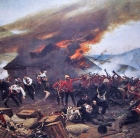
Do we need another hero? Rorke's Drift
ArticleClick to view -

Don't worry, Mr. Trimble. We can handle it' Balancing the rationale and the emotional in teaching of contentious topics
ArticleClick to view -

Drilling down: how one history department is working towards progression in pupils' thinking about diversity across Years 7, 8 and 9
ArticleClick to view -

Ensuring Gypsy, Roma and Traveller children do not feel unseen in the history classroom
ArticleClick to view -

Equiano - voice of silent slaves?
ArticleClick to view -
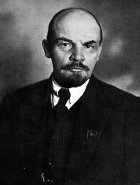
Exploring pupils' difficulties when arguing about a diverse past
ArticleClick to view -
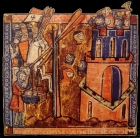
Getting medieval (and global) at Key Stage 3
ArticleClick to view -
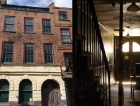
Helping Year 9s explore multiple narratives through the history of a house
ArticleClick to view -
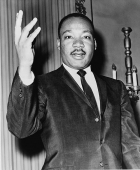
Hidden histories and heroism: post-14 course on multi-cultural Britain since 1945
ArticleClick to view -

Hidden in plain sight: the history of people with disabilities
ArticleClick to view -

Hitting the right note: how useful is the music of African-Americans to historians?
ArticleClick to view -

How my interest in what I don't teach has informed my teaching and enriched my students' learning
ArticleClick to view -

How should women’s history be included at Key Stage 3?
ArticleClick to view -
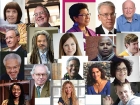
Identity in history: why it matters and must be addressed!
ArticleClick to view -

Identity shakers: cultural encounters and the development of pupils' multiple identities
ArticleClick to view

